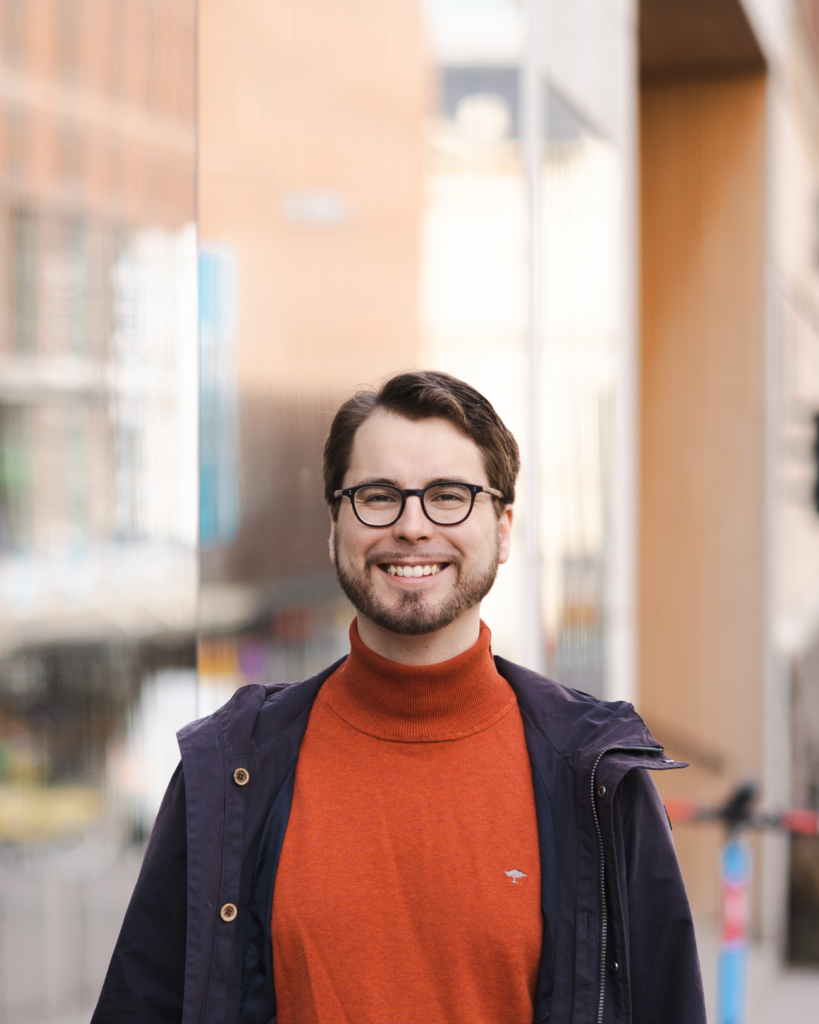


Building Una Europa and internationality
BLOG
What does internationality mean to us students? How do we define internationalisation?
The new wave of internationalisation of education in the European Union began in 2017 when the creation of new European universities was set as a shared vision. These universities would be based on international cooperation and answer the challenges caused by megatrends in Europe. Words have since turned into actions as the EU has started realising the vision through investments worth hundreds of millions of euros.
One way in which the vision is being realised in practice are various university alliances. These alliances are coalitions of universities, universities of applied sciences and other higher education institutions from different European countries. The University of Helsinki has been involved in the Una Europa university alliance since 2019. In addition to us, the alliance boasts universities from the Netherlands, Spain, Ireland, Italy, Poland, France, Germany, Scotland and Switzerland. The universities are working together to resolve issues related to Europe, cultural heritage, sustainability, health and data science. Cooperation related to these themes is increased in both research and teaching.
For the Una Europa university alliance, internationality means breaking down barriers through the exchange of thoughts, ideas and values as well as through encounters between people. It is extremely important that we students also take part in discussions on the definition of internationality.
For most of us, internationalisation has traditionally translated into going on exchange. My own experiences during my exchange studies in Norway gave me many new perspectives to simple, everyday things. For instance, waste is sorted differently in Norway than in Finland: here, waste is sorted into different containers, whereas only one container is used in Norway. Different kinds of waste can be identified from the container by the different bags used for them. This is the kind of mundane matter to which I could not have even imagined a different perspective before my internationalisation period.
The pandemic has resulted in opportunities for various virtual exchanges. In the future, the exchange modules being planned in the Una Europa university alliance may make internationalisation easier for students. Una Europa aims to have 50% of students in the alliance utilise the internationalisation periods physically and 100% virtually. In the future, it could be perfectly normal to complete a course in a Parisian university while staying in Helsinki, for instance.
However, the plans are still incomplete. For this reason, too, it is important that we, as students, participate in the discussion on Una Europa and its operation. Our voice should be heard when the international, European higher education of the future is being built. Together, we will find solutions that we could not come up with alone. Whether it is about sorting waste or larger global challenges, we can approach the same problems in very different ways. Internationalisation helps us broaden our ways of thinking onto tracks we could not reach by ourselves.
In early June, Una Europa’s general assembly is held in Helsinki. The assembly will include discussions on themes such as sustainable development as well as the launch of Una Europa’s new artificial intelligence MOOC. You can join us to discuss the internationality and internationalisation of the future next week when we will continue our introduction of Una Europa’s operations. We recommend following the social media accounts of both HYY and Una Europa to get further information on the alliance’s plans for the future.
Tommi Ostrovskij
Vice Chair of the Board, internationality



